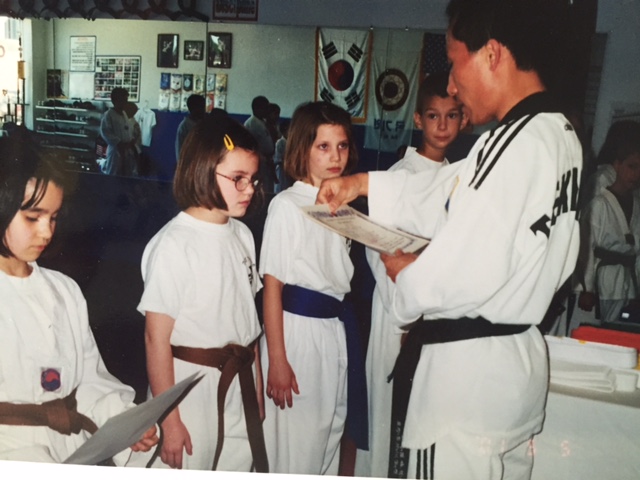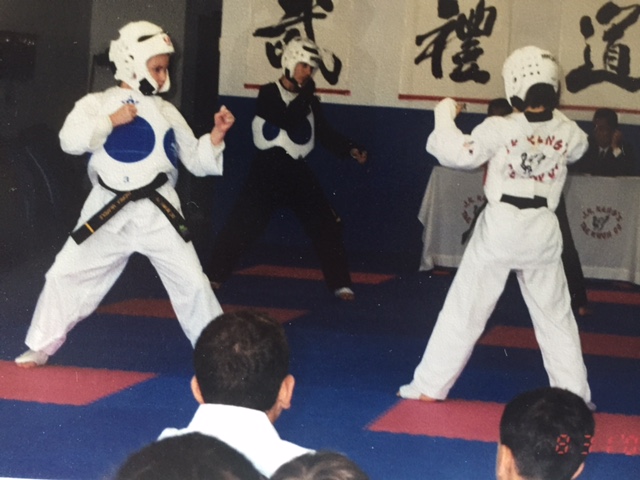Much of competitive running is about a balance, a way of straddling the line between successful sustainability and stupidity, even injury, without leaning too far into the latter. Finding where that line exists takes time and experimenting. The line itself isn’t stagnant—it changes with time just as everything else.
But isn’t a change what we’re chasing? A change in fitness, strength, confidence? Very rarely will you find a runner who is undoubtedly satisfied with their work and assured that they have reached the end of their potential. This word, “potential” that we throw around is as tangible as the gold at the end of the rainbow; we’re never quite sure where it is but if you squint hard enough, it could be off in the distance.
A person’s athletic potential depends so heavily on a multitude of factors. What are their resources, their work ethic, and their willingness to sacrifice? Training is not forgotten here, but left out with purpose. A runner could be handed a plan to follow, guaranteed to plunge them as close to their end as possible, but if they don’t want to work, don’t see the worth in sacrifice, and don’t reach out to available resources, the plan is nothing but an idealistic thought. Is it greed that causes us to want the best plan even if we won’t follow through with X, Y, Z to execute it?
Humans are predisposed to fall into the trap of greed. While finances, material goods, and love come to mind initially, there is a great deal of greed involved in the runner’s training. Hit a few weeks at a new mileage, continue to bump it up, things don’t feel good but they don’t feel terrible either; keep climbing. Recovery comes quickly when maybe it shouldn’t, but continuously pressing the gas doesn’t hurt as much as maybe it should; keep pressing. Speedy runs boost the moral, and who is to say something is bad if in the moment it feels right; keep reaching.
Initial benefits mask your perception and pull you under like a riptide. You’re staggering over the line. An ache becomes a pain, fatigue becomes a plague.
Plunging into intensity is not the answer, and actually, there is no one “answer” for the mass population. A runner must form their own concoction for success: a combination between mileage, key workouts, stride emphasis, strength, nutrition, and sleep, maintaining a balance between the components that does not dampen the benefits of one another. For instance, greedy jumps in mileage may weigh down track sessions, where as too many days on the track can impede the mileage.
Tailoring the regime to fit as close to this line of greed without draping over its border is a skill many runners fail to perfect. Fit the training to be too far below and desired results will seem impossible to achieve, but fit it too far over and the risk of injury and breakdown starts to pull the work deep into a hole. It takes years to build strong mileage, multiple plans before “unattainable” goals become the next exit in the road. Consistently, yet gradually pushing the line back takes patience, an oath to not fall victim to greed’s grip. It’s a process, mastery if you will, but with persistent patience and a little belief, a balanced regime will be there to point you to your gold.


Recent Comments